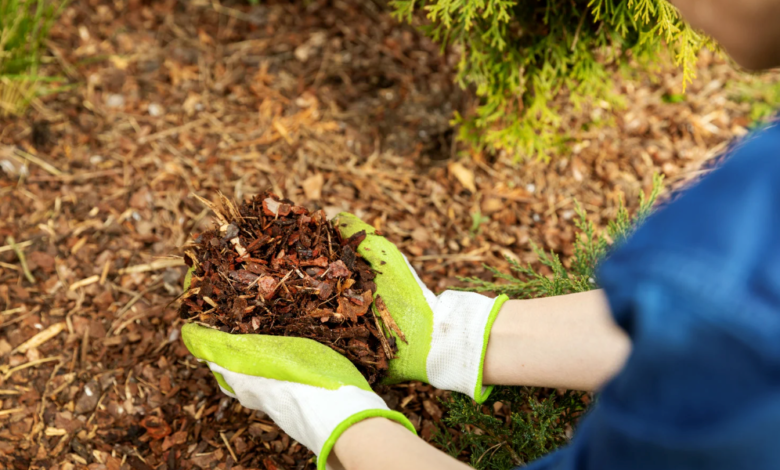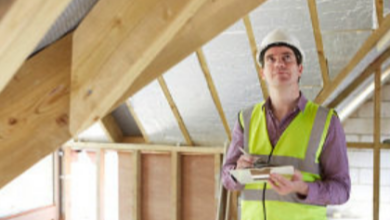Why Choosing High-Quality Mulch Matters for Your Landscape

Mulch may seem like a simple addition to your yard, but the quality you choose can dramatically affect the health and appearance of your landscape. Homeowners who invest in the professional services of mulchinMilton often see stronger plant growth, fewer weeds, and improved soil health. But not all mulch is created equal, and understanding the difference can save time, money, and frustration. High-quality mulch supports long-term landscape performance, while low-grade alternatives can do more harm than good.
Mulch as a Soil Conditioner and Protector
One of mulch’s primary roles is to protect and improve soil. A good mulch layer regulates soil temperature, locks in moisture, and reduces erosion. During extreme heat or unexpected cold spells, it acts as insulation for plant roots.
Additionally, as organic mulch breaks down, it adds nutrients back into the soil, boosting fertility. However, poor-quality mulch may contain contaminants or decompose too quickly, offering none of these benefits and potentially suffocating your plants.
Weed Suppression and Moisture Retention
A consistent layer of mulch blocks sunlight from reaching weed seeds, significantly reducing their ability to sprout. This reduces the need for chemical weed killers or excessive manual weeding.
At the same time, mulch helps your soil retain moisture by minimizing evaporation. This is especially helpful during dry seasons or drought conditions, reducing your need for frequent irrigation and improving overall plant health.
Knowing the difference between compost and mulch can help homeowners decide when to use each for their intended benefits. While compost feeds plants directly, mulch protects and conditions the environment in which they grow.
Aesthetic Appeal and Landscape Structure
Beyond function, mulch offers a polished, professional appearance that frames garden beds, trees, and walkways. A consistent color and texture unify the landscape, making the yard look more maintained and attractive.
Using clean, uniform mulch can even increase property value by improving curb appeal. Whether you’re listing your home or simply want a neat yard, mulch adds visual structure and contrast to your garden design.
Misconceptions About Mulch Quality
Many misconceptions exist around mulch, especially regarding what materials are safe and effective. Some products may appear affordable but contain ground-up pallets, weeds, or non-organic fillers that can harm soil or stunt plant growth.
Understanding common mulch myths and separating fact from fiction helps homeowners avoid poor choices that lead to long-term damage. Proper mulch should support, not hinder, the natural balance of your garden.
The Long-Term Value of Choosing the Right Mulch
When properly sourced and applied, mulch can extend the life of your landscape investments. Healthy soil, strong root systems, and lower maintenance needs all contribute to the value of choosing premium over basic mulch.
Over time, mulch builds healthier planting conditions, supports beneficial microbes, and provides lasting protection. The right mulch choice is not a one-time fix, but a foundational part of ongoing landscape care.
Conclusion
Choosing the right mulch goes beyond aesthetics; it directly influences the health, performance, and sustainability of your landscape. From weed control and moisture retention to soil improvement and curb appeal, high-quality mulch offers both visible and invisible benefits. Working with professionals who understand the right type and application methods ensures your landscape remains thriving and beautiful throughout every season.





